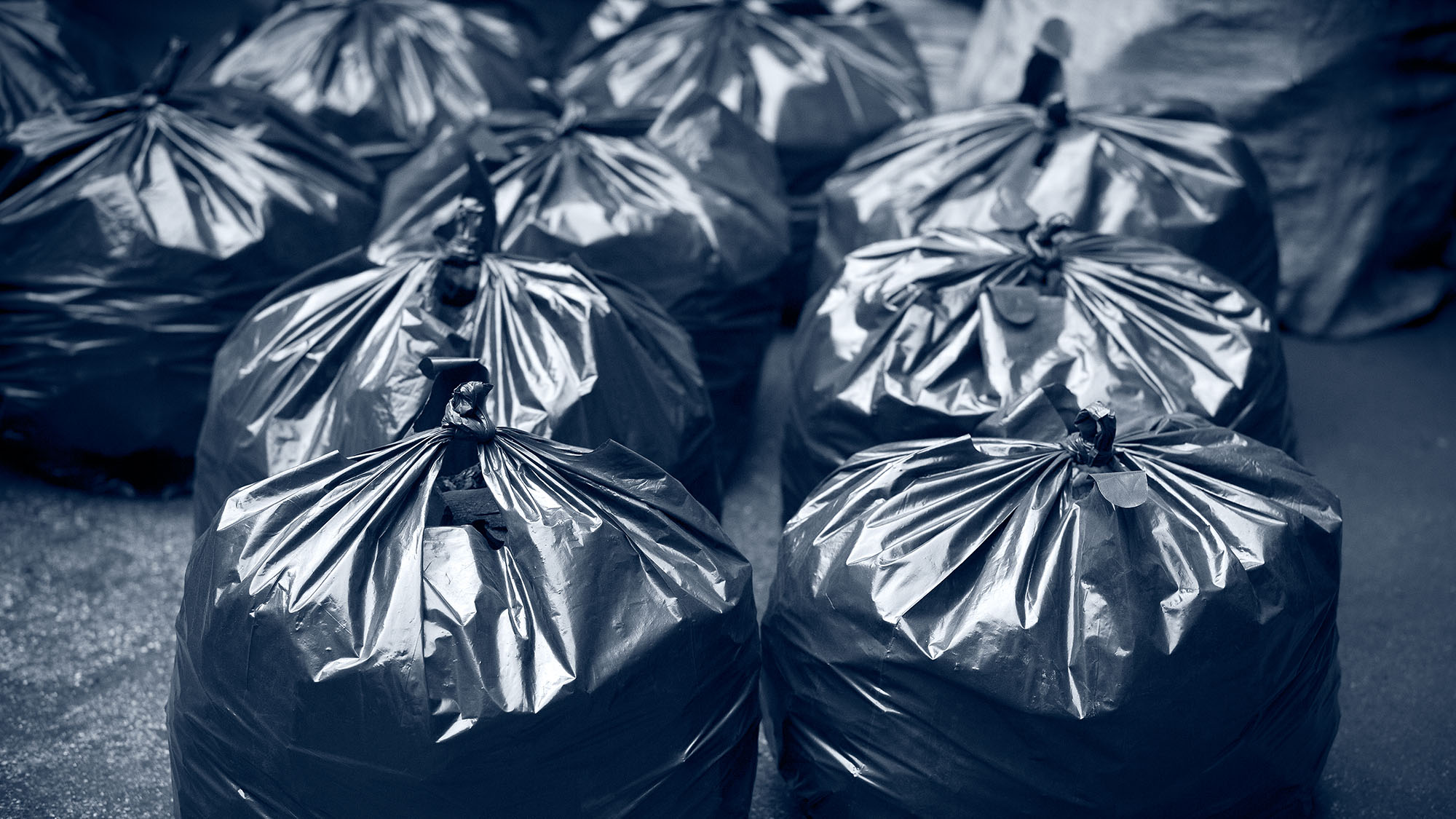What is a waste management audit and how does it work?
How well do you understand your business’s waste streams? How much waste do you produce? What percentage is recyclable? Could you reduce your waste further? Chances are, there are areas in your waste streams where you can improve efficiency, minimise waste and save money. And it all starts with a waste management audit.
A waste management audit will help to identify the types of waste and amount of waste your business generates. It’ll also examine the effectiveness of current waste management strategies and identify areas where general waste sent to landfill can be reduced and recycling increased.
For many small businesses, completing a waste audit can seem like a daunting prospect. It takes time, knowledge and objectivity, so we’d recommend engaging a specialist waste management company like SUEZ recycling and recovery UK.
How does a SUEZ waste audit work?
Before we do anything, we sit down with you to understand your business, and your goals, e.g. to save money on your waste bills, increase recycling rates, reduce waste sent to landfill or generally be more environmentally friendly. Then we get to work.
First, we’ll see what kind of containers you have, where they’re placed and the frequency of your recycling and waste collections. That last point is important, because it can be far more environmentally friendly to service 10 bins once, rather than one bin 10 times.
Then, we’ll take a look inside your bins. Not the most glamorous job, but someone’s got to do it. We’ll take a note of what types of waste the business produces and start building a picture of what the waste is made up of – plastic, glass, food waste or hazardous items like fluorescent light bulbs or paint.
And this is where we start to consider recommendations. For example if we find that food waste is ending up in general waste, we might suggest introducing a food caddie and reducing the size of your general waste container. This could save you money and reduce waste sent to landfill unnecessarily. And it means your unwanted food could be turned into compost or renewable energy instead.
We’ll examine where your bins are placed and collected too. It’s important, because inadequate locations are often cause for concern with health and safety, and access. Appropriate bin location can improve efficiency of your waste service, as you or your staff will waste less time managing it.
Clear signage is crucial, and our team will make recommendations based on our inspection. Easy to understand bin signage is a smart way to decrease waste contamination, and an important factor for compliant handling of your waste.
Once all areas have been examined and specific factors considered, we’ll provide a tailored waste disposal solution for your business, with the express aim of meeting your objectives.
From improving your bottom line to meeting business recycling targets and making sure that your business is compliant with all relevant waste regulations, when you understand your waste streams, your business will benefit.
What to expect during your waste audit
- Conducting a waste audit and creating a waste management plan is quick and effective with experts from SUEZ. When we arrive, we will:
- Identify how waste is being created. Is the bulk generated by staff or processes? How easy would it be to reduce?
- Take a note of how much and what kind of waste there is. It’s best if we can calculate an average amount built up over a number of days.
- Look at your waste processes and the containers being used. Are they full when being emptied or collected? Could you reduce the number of containers?
- Calculate the costs of all waste and identify areas with the highest cost.
- Review all information and see if we can find ways of cutting costs and ultimately reducing waste for you. It’s highly likely there will be.
Get a clear picture of your waste streams with a free waste audit from SUEZ. Contact our friendly team today.
